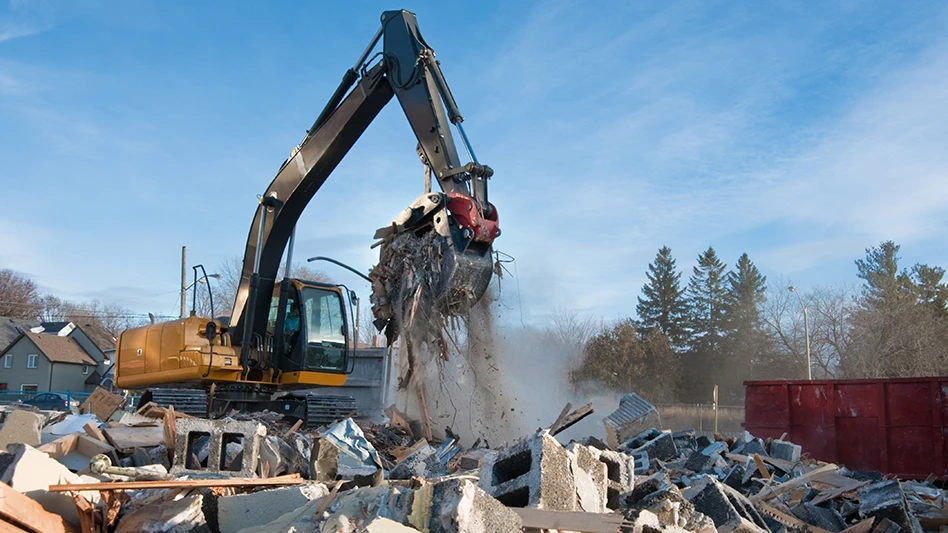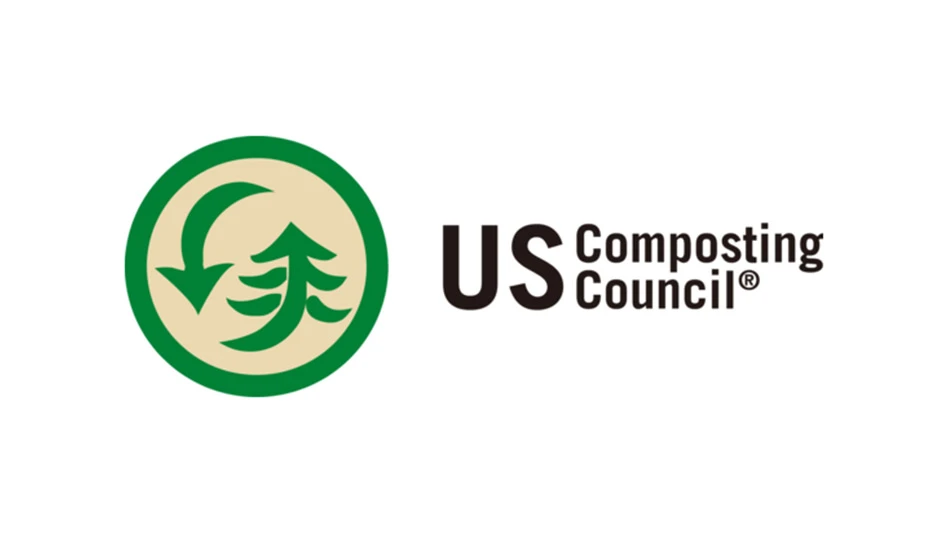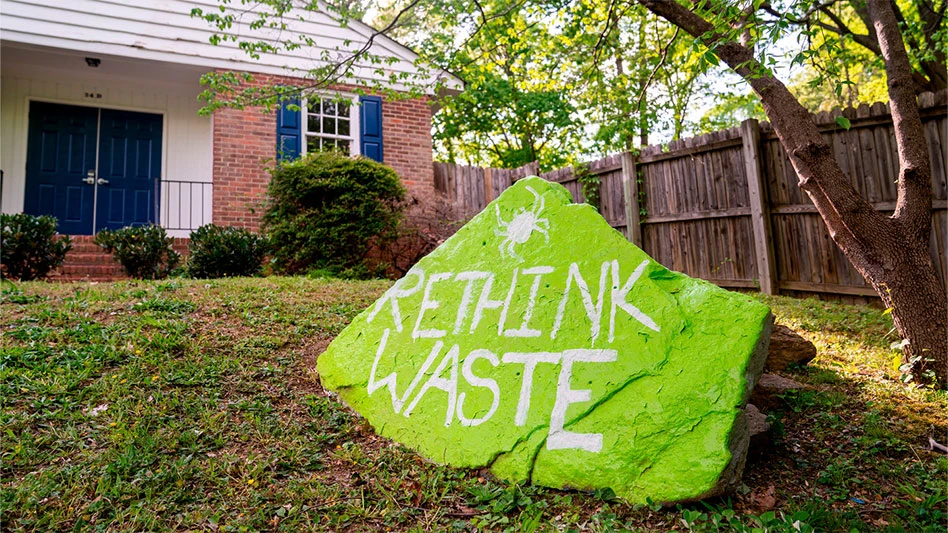 A recent poll commissioned by the Canadian Plastics Industry Association (CPIA) surely sheds new light on the direction of waste management and energy recovery in Canada.
A recent poll commissioned by the Canadian Plastics Industry Association (CPIA) surely sheds new light on the direction of waste management and energy recovery in Canada.
As reported, the poll clearly shows that two-thirds of Canadians hold a favorable opinion of energy recovery/energy-from-waste (ER/EFW) technologies. It says that gasification is good but mass burn still has some proving to do.
This is an interesting result because it seems to show that the public intuitively understands how ER/EFW technology can be used and also how it will evolve over the next few years. Canadians seem to recognize that more gasification will benefit smaller communities, large industries and agricultural operations, which will not only increase their autonomy and generate efficiencies when it comes to waste management but also create an incentive to explore their options in a more diversified and sophisticated waste market, in which recycling, repurposing, conversion and diversion will all compete for better designed streams of waste.
Moreover, it appears that Canadians understand that there are a limited number of large municipal opportunities that interest the big, U.S.-based mass-burn companies, whereas the future offers tremendous growth for operators that are able to service small and medium-sized municipalities.
These attitudes put Canada at the leading edge in the ER/EFW debate, which is to say that not only is public opinion robust but the stakeholders are fully engaged in the debate.
While the European industry is facing consolidation, with improved operational efficiencies allowing the closure of many old plants as they reach end of life, the future in Canada is all about growth.
From coast to coast municipalities as small as Port Hope, Ontario, and as large as Vancouver, British Columbia, are working through the cost benefits of an energy recovery feature in their waste management systems. Southern Alberta has brought scores of smaller towns to the table to investigate a mutually beneficial application of ER/EFW technology. Even experienced cities like Halifax in Nova Scotia and Hamilton in Ontario that were burned by a previous generation of technology still recognize that there may be a future for ER/EFW in their communities.
It’s also interesting to note that an overwhelming 90 percent of Canadians prefer that nonrecyclable plastics be processed in an ER/EFW facility rather than a landfill.
The CPIA poll also offers some intriguing insight into municipal decision-making as it relates to various power sources. Unlike nonrenewable virgin fossil fuel resources, garbage is produced locally, and whether it is repurposed into a syngas or an oil or an industrial wax, it will always be a cheaper source of power than natural gas, coal or oil for the cities and towns that “control” their waste options.
Unlike solar or wind, garbage is available 24/7/365, rain or shine, and whether powering trucks, generating electricity or standing ready for peak period service, waste is probably one of the best all-around power sources for municipalities as it’s cheap, clean, sustainable and versatile.
Two other fundamentally compelling results in the poll seem to point the way ahead. First, 89 percent of young people see ER/EFW as a preferred option for treating nonrecycled plastics.
Second, 92 percent of women share this position, a level of support six points higher than among men. Surely, women recognize the important role that plastics play in packaging, household goods and consumer products industries (not to mention automobiles, computers, etc.). They also recognize that ER/EFW technologies continue to advance at a rapid rate, which will lead to a natural and inevitable point of convergence with advances in product and packaging design.
In this day and age, when the independent voices of women and youth are telling the rest of us to embrace a new technology, it’s probably time to realize that there’s a new future ahead of us, one that is clean, renewable and sustainable. And that in a world of new-age thinking, old-world resistance is futile.
John Foden is president of the Canadian Resource Recovery Council (CRRC) and president and CEO, PresterJohn Public Affairs, Toronto, and can be reached at jpfoden@presterjohn.ca.
Latest from Waste Today
- Michigan county issues notice to waste hauler over pickup delays
- OC Waste & Recycling wins 4 national awards
- AMCS appoints general manager for North America
- Philadelphia strike ends as city workers reach tentative deal
- Cards acquires National Waste of Tulsa, Oklahoma
- Sunshine Canyon Landfill deploys biocover technology trial
- Minus Waste Solutions secures growth equity investment
- Motion opens new branch in Quebec





